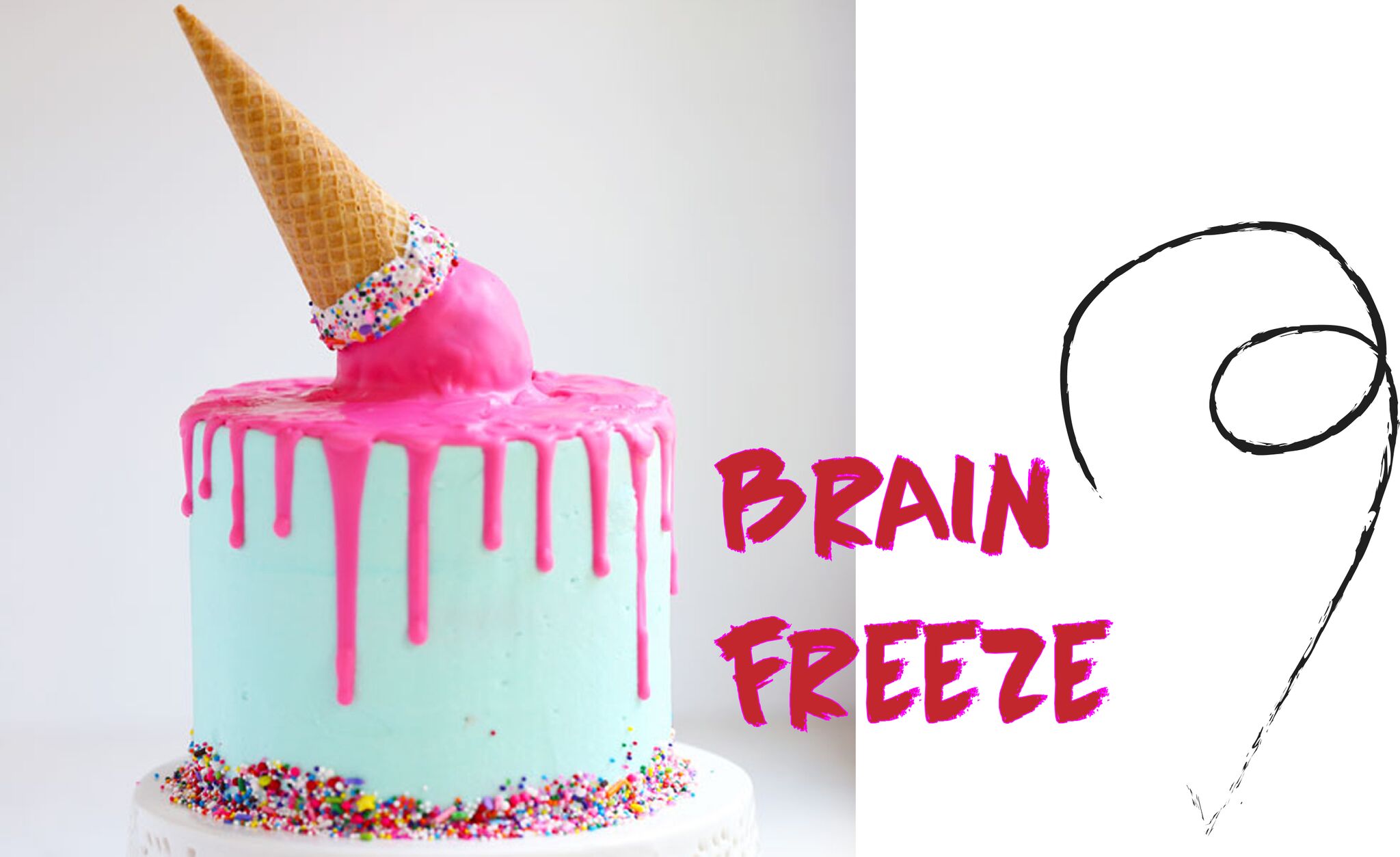PhotoCredit: momlovesbaking.com
Years ago I trained myself not to say the word ‘um’ when speaking. It’s a hard habit to break. What I learned in the process is that the critical first step was to start hearing myself saying the word. As a largely unconscious habit, I had to make it conscious before I could make a change. What I also learned was that making it conscious was all I really had to do, after that my brain largely re-wired itself.
I think about this a lot in creating new habits or changing the old ones. It’s advice I give frequently: make the unconscious conscious.
In her book ‘True Refuge’, the author Tara Brach references researcher Benjamin Libet’s discovery that “the part of the brain responsible for movement activates a quarter-second before we become aware of our intention to move”. Author Tara Bennett-Golemann calls this “the magic quarter-second”.
In this moment of magic we have an opportunity, a brief space, where we can make a choice. We can choose our next step. Brach notes that in choosing we are “able to act from a wider place, interrupting the circle of compulsive thinking that fuels anxiety and other painful emotions.” Equally, our brain has already decided what to do before there is any conscious processing of the situation. So, if we don’t make a choice, then the brain will revert to its automatic programing.
It is possibly not insignificant that both authors are named Tara. Tara is the goddess of compassion in Buddhism. Being kind to ourselves is often overlooked in the process of habit change. We can use the knowledge of the quarter-second with intention to improve ourselves but efforting our way through a change process is misspent energy. It’s somewhat axiomatic but change is hard because it’s hard. Forcing a change process will likely exhaust and deplete you and your willpower. It’s always a good idea to be compassionate to yourself.
In the book ‘The Hour Between Dog and Wolf’ author John Coates repeats Indian neuroscientist V.S. Ramachandran’s joke that our reality is much more “free won’t” than the free will we think we have. We are pre-programmed with specific patterns of behaviour that, without intervention, dictate our actions. This is why habit change is so hard, we are working to overcome the automatic patterns effectively frozen into our brains.
Coates concurs with Brach that the primary purpose of the brain is to move our bodies ahead of rational thought or reasoning. He explores his thesis in the context of the trading floor of a financial institution. His analysis suggests that our first instincts, our gut reactions, are guided by pattern recognition of threat scenarios combined with the relevant hormone response. AKA “big teeth, scary, adrenaline, run”. Our brain signals our body to respond urgently, the cognition comes later. It’s kind of a “run first and ask yourself if that really was a bear later” situation. So what we perceive as rational thought is heavily influenced by the hormones that our brain tells our body to produce. A scary thought when it comes to actions, or should I say reactions, that can directly impact the stability of our economy.
Also a scary thought when it comes to actions that directly impact our ability to be successful. In many respects our good intentions can be literally hijacked.
‘Hijacked’ explains my lack of willpower at the end of most days and it certainly explains 99% of the reason most of us can’t just eat one Pringle. “Once you pop, you just can’t stop” teases the jingle. It’s harder to be hijacked when you bring consciousness into the game. Over time deliberate actions will deliver results. Over time it was like I stopped myself from saying “um”; I could almost preempt the word leaving my mouth. Over time saying “I’m only having a few” and putting the lid back on the Pringle can may make you more successful at curbing your inner salt-loving monster. I said, “May.”
Beyond potato chips, being deliberate is a great power-up to just about any change you are trying to make in your life. There is so much happening around us. So many distractions. It’s easy for our patterns to become unconscious. If there is something you are trying to change, bring it to the forefront of your life. Notice it. Notice the things that influence it. Then use that space, that little quarter-second, to make magic happen.




